Get Water Softener Installation in Denver, CO
Water softener installation services for Denver-area property owners help resolve hard water issues, improve appliance longevity, and involve installing or upgrading systems tailored to specific home needs.
Property owners in Denver, CO, considering water softener installation often seek practical solutions to improve their home's water quality and protect plumbing systems. Hard water can lead to mineral buildup, reduce the lifespan of appliances, and cause soap scum to accumulate, making water softening a valuable upgrade. Exploring options and planning a project carefully can help ensure the chosen system meets specific household needs, providing long-term benefits and peace of mind.
For those interested in this type of work, connecting with experienced local contractors can make the process smoother. These service providers can assist in evaluating different water softening systems, understanding installation requirements, and tailoring solutions to the unique demands of properties in Denver and surrounding areas. Continuing to explore local options can help property owners make informed decisions about their water quality improvements.
- Water Softener Installation - needed when hard water causes mineral buildup in plumbing and appliances in neighborhoods across Denver, CO.
- Water Softener Replacement - required when existing systems become inefficient or outdated in areas like Aurora or Lakewood.
- Whole House Water Softening - ideal for homes experiencing limescale on fixtures and reduced water flow throughout Denver's residential districts.
- Commercial Water Softening - necessary for businesses facing mineral deposits that impact equipment performance in local commercial properties.
- Water Softener Maintenance - essential for maintaining optimal softening performance and preventing issues caused by mineral buildup in Denver's homes and businesses.
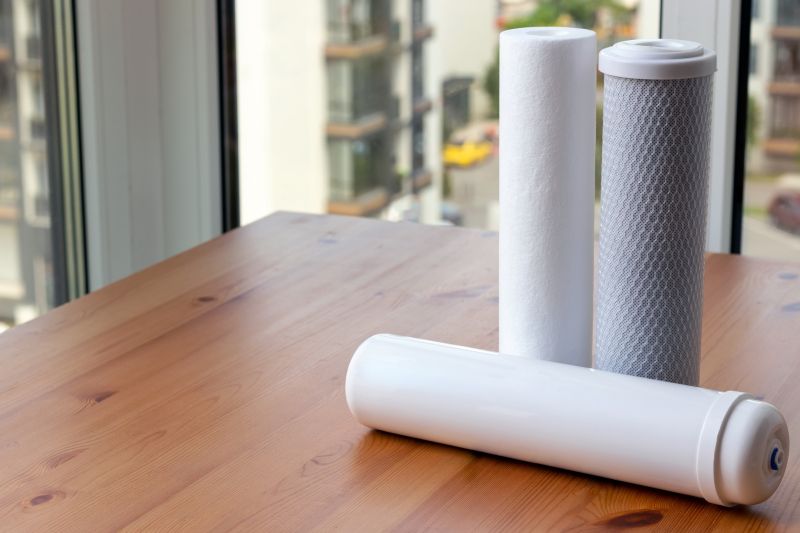
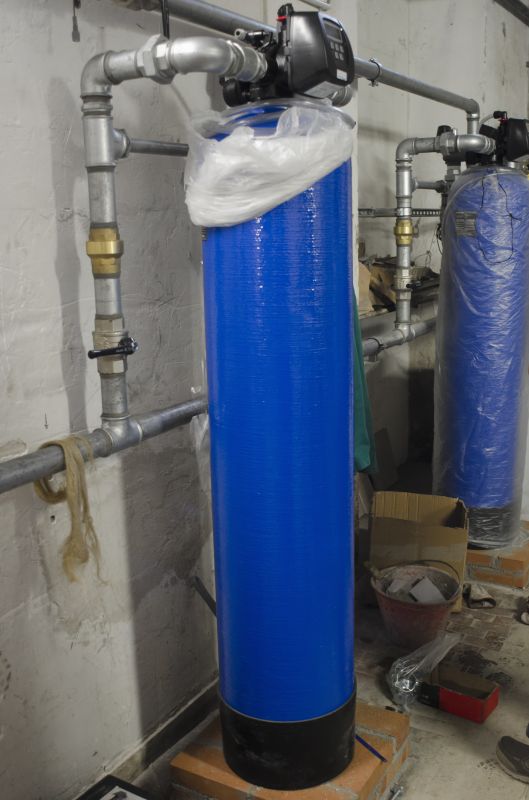
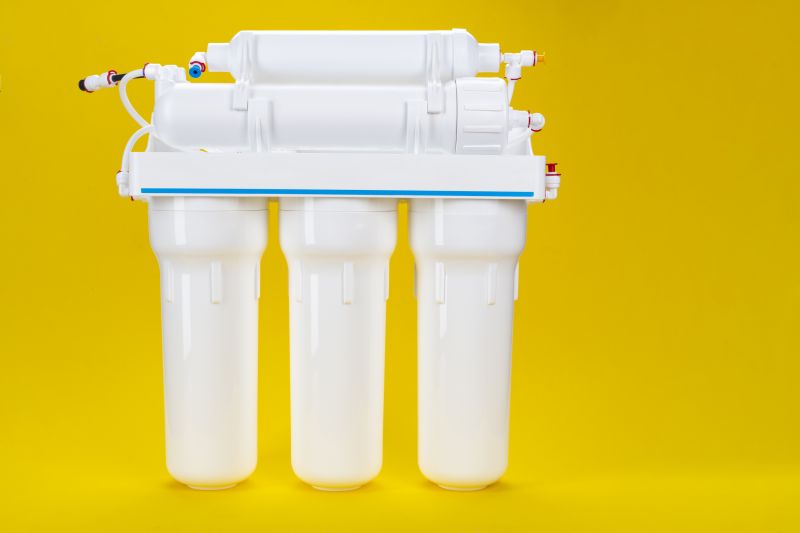
Water softener installation services involve setting up a specialized system that treats hard water, which contains high levels of minerals like calcium and magnesium. These systems are typically installed at the point where the main water supply enters a property, ensuring that all water used throughout the home is softened. The installation process includes assessing the property’s plumbing, selecting the appropriate type of softener, and properly integrating the unit to ensure efficient operation. Skilled service providers handle the entire process, making sure the system is correctly installed for optimal performance and longevity.
Hard water can cause a variety of problems in everyday household use. It often leads to mineral buildup in plumbing fixtures, appliances, and water heaters, which can reduce their lifespan and efficiency. Residents may notice soap scum on dishes, soap not lathering well, or dry, itchy skin after bathing. Over time, mineral deposits can clog pipes and damage appliances, resulting in costly repairs or replacements. Installing a water softener helps mitigate these issues by removing minerals from the water, leading to cleaner dishes, softer skin, and more efficient appliances.
Properties that typically benefit from water softener installation include single-family homes, multi-family residences, and certain commercial buildings in areas with hard water. Homes with visible mineral deposits, soap scum buildup, or frequent plumbing issues often find softening systems to be a practical solution. Additionally, properties with aging plumbing or appliances prone to mineral buildup may see improved performance and reduced maintenance needs after installation. Local service providers can evaluate the specific water quality and property needs to recommend the most suitable system.
Choosing to have a water softener installed can be a practical step for homeowners experiencing the effects of hard water. Whether dealing with stubborn stains, reduced appliance efficiency, or skin irritation, professional contractors in the area can help determine the right system for the property. They handle the installation process with care, ensuring the system is set up correctly for ongoing use. Contacting local providers can help identify the best options to improve water quality, protect plumbing, and enhance household comfort.
The overview below groups typical Water Softener Installation projects into broad ranges so you can see how smaller, mid-sized, and larger jobs often compare in Denver, CO.
In many markets, a large share of routine jobs stays in the lower and middle ranges, while only a smaller percentage of projects moves into the highest bands when the work is more complex or site conditions are harder than average.
Smaller Repairs - Fixing or replacing a single water softener component typically costs between $250 and $600. Many routine repairs fall within this range, depending on the part and complexity of the issue.
Full Softener Replacement - Installing a new water softening system usually ranges from $1,500 to $3,500 for most homes in Denver and surrounding areas. Larger, more advanced models or complex installations can reach $4,000 or more.
Maintenance and Tune-Ups - Regular service visits to maintain optimal softener performance generally cost between $150 and $300. These routine check-ups are common and help prevent costly repairs down the line.
Large or Complex Installations - Custom or multi-unit water softening systems for larger properties can exceed $5,000, though such projects are less common and tend to involve additional plumbing or electrical work.
Actual totals will depend on details like access to the work area, the scope of the project, and the materials selected, so use these as general starting points rather than exact figures.
Water Filtration System Installation - local contractors skilled in installing water treatment systems often have experience with plumbing and water quality improvements similar to water softener setups.
Reverse Osmosis System Installation - this project involves plumbing and water pressure management, requiring similar planning and tools as water softener installation services.
Water Heater Installation and Replacement - both projects involve working with home plumbing systems, ensuring proper connections and water flow management.
Whole-House Plumbing Upgrades - upgrading or replacing plumbing infrastructure shares skills with installing water softeners, including pipe fitting and system integration.
Water Pressure Booster Pump Installation - this work involves managing water flow and pressure, which aligns with the technical skills needed for softener installation.
Pipe Repair and Replacement - repairing or replacing plumbing pipes requires similar planning and tools as installing water softening systems in residential properties.
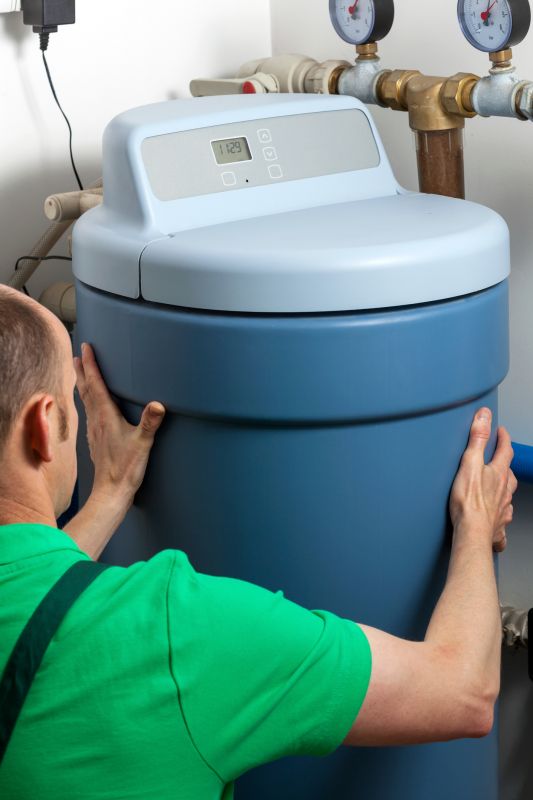
When comparing water softener installation services in the Denver area, it’s important to evaluate the experience of different local contractors with similar projects. Homeowners should seek out service providers who have a proven track record of installing water softeners in homes with comparable water quality and plumbing setups. An experienced pro will be familiar with common challenges and best practices, helping to ensure the installation is completed efficiently and correctly the first time. Asking potential contractors about their previous work on similar homes can provide insight into their expertise and comfort level with the specific requirements of local water conditions.
Clear, written expectations are essential when selecting a service provider for water softener installation. Homeowners should look for contractors who can provide detailed explanations of what the installation process entails, including any preparation or modifications needed. Having a clear understanding of the scope of work helps prevent misunderstandings and ensures that both parties are aligned on project goals. It’s also wise to request a written outline of the services included, so there’s a record of what to expect and a basis for comparison among different local contractors.
Reputable references and good communication are key factors in choosing a reliable water softener installation service. Homeowners should ask potential service providers for references from past clients who had similar work done. Contacting these references can reveal insights into the contractor’s professionalism, reliability, and quality of work. Additionally, effective communication-such as responsiveness to questions and clarity in explanations-can make the process smoother and more transparent. When evaluating local contractors, considering these aspects can help ensure that the chosen service provider is trustworthy and capable of delivering a satisfactory installation experience.
Property owners in Denver, CO use Water Softener Installation services for practical projects around their homes and businesses. This guide focuses on everyday jobs and straightforward project options.
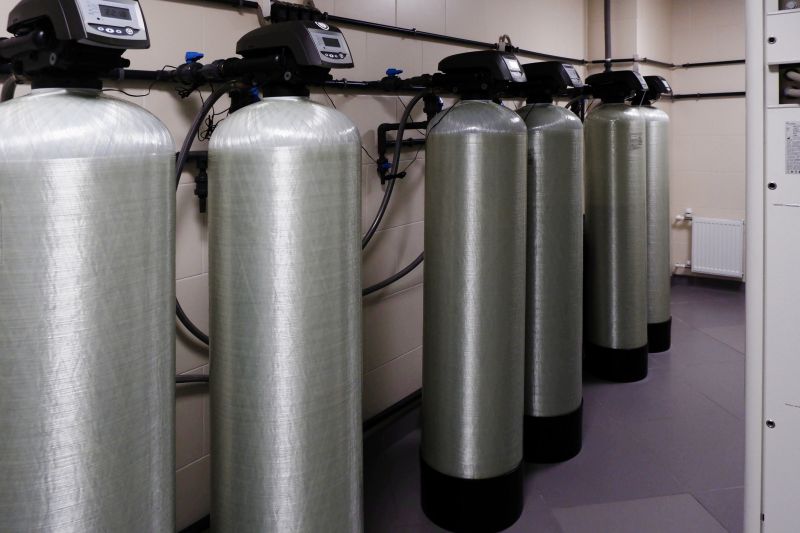
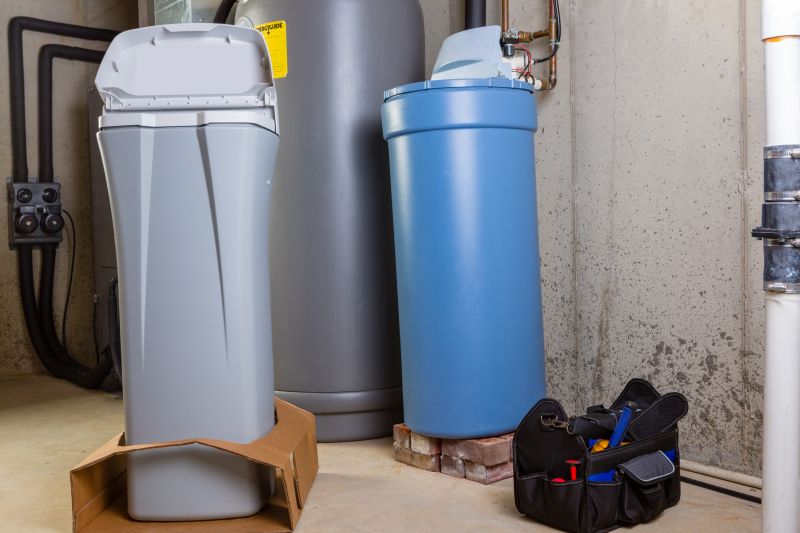
Water softener installation is a common project for property owners in Denver who notice issues with hard water. Residents often seek these services when mineral buildup causes appliances to function less efficiently or when plumbing fixtures develop scale deposits. Additionally, homeowners may experience dry skin, soap scum, or reduced water flow, prompting them to explore professional installation options to improve water quality throughout their homes.
Local contractors are equipped to handle these installations, offering solutions tailored to the specific water conditions in Denver. Property owners might consider professional services if they want a reliable setup that addresses hard water challenges, enhances the longevity of appliances, or simply improves daily water usage. Connecting with experienced service providers can help ensure the job is done correctly and efficiently, providing a lasting solution to common water quality concerns.
What are the benefits of installing a water softener? Installing a water softener can help reduce mineral buildup in plumbing, improve the effectiveness of soaps and detergents, and extend the lifespan of appliances that use water.
How do water softeners work? Water softeners typically use a resin bed to remove hardness minerals like calcium and magnesium from water, replacing them with sodium ions to soften the water.
What types of water softener systems are available? There are various systems including salt-based ion exchange units, salt-free conditioners, and dual-tank systems, each suited for different household needs and water conditions.
Can local contractors customize water softener installations for different home sizes? Yes, local service providers can assess household water usage and home size to recommend and install systems that meet specific needs.
What maintenance is involved with water softener systems? Most systems require periodic salt refilling and occasional resin bed cleaning or regeneration, which local pros can handle during installation or service visits.
Improve Water Quality - Installing a water softener can help reduce mineral buildup, making everyday tasks like laundry and dishwashing more effective.
Protect Plumbing Fixtures - A water softener can prevent scale buildup in pipes and appliances, extending their lifespan and reducing maintenance needs.
Enhance Appliance Efficiency - Softened water can improve the performance of water heaters and other appliances, potentially lowering energy consumption.
Reduce Skin and Hair Issues - Using softened water can help alleviate skin dryness and hair dullness caused by hard water minerals.

If you are thinking about Water Softener Installation for a property in Denver, CO, this guide is meant to help you understand the work, the typical project types, and how different options might fit your plans.
When you are ready, you can use the quote form on this page to share a few details about your project. From there, local pros can review the basics and respond with options that match what you have in mind.


